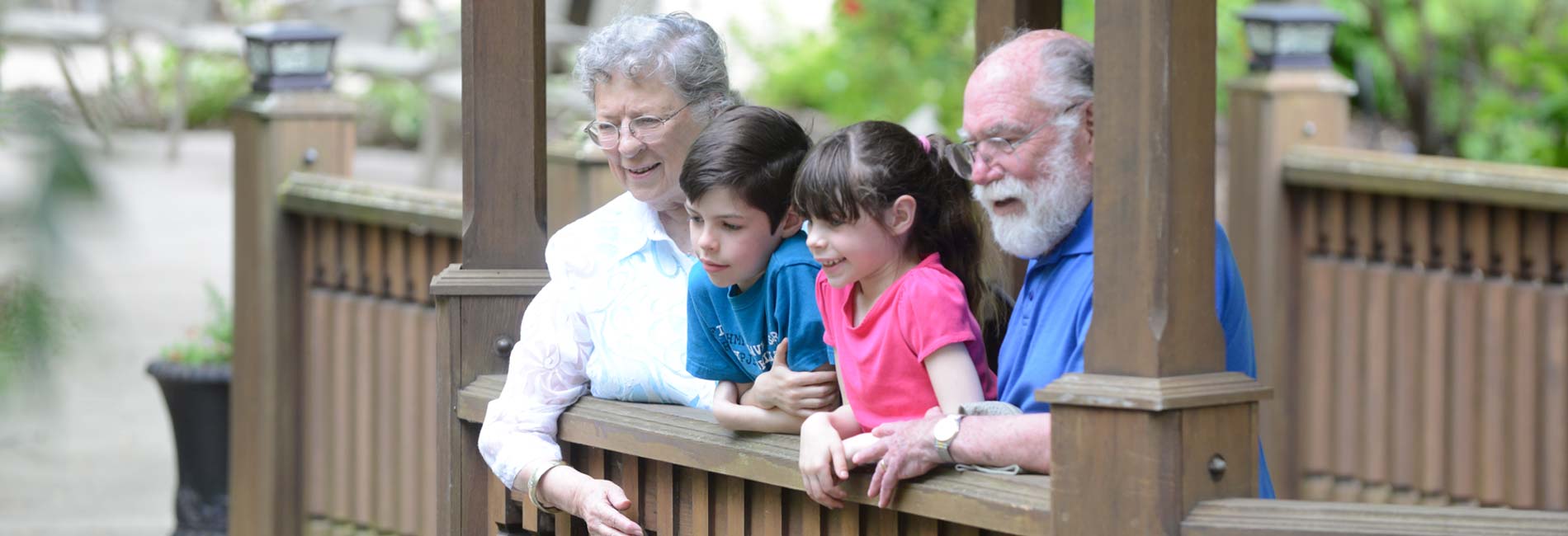The Sanctuary Charlotte Care Home: Personalized Assistance
The Sanctuary Charlotte Care Home: Personalized Assistance
Blog Article
Necessary Overview to Memory Treatment Services in Assisted Living Neighborhoods
Navigating the landscape of memory treatment services within assisted living areas needs a nuanced understanding of the customized programs and support systems readily available. By exploring the ins and outs of these crucial elements, a much deeper insight into the all natural method of memory treatment solutions in assisted living areas emerges, dropping light on the comprehensive assistance offered to those in demand.
Specialized Memory Treatment Programs
Specialized memory care programs within assisted living neighborhoods play a crucial function in offering tailored assistance for individuals with cognitive impairment. These programs are specifically created to satisfy the distinct needs of locals facing memory-related obstacles such as Alzheimer's and mental deterioration. By concentrating on personalized care strategies, specialized staff training, and creating a risk-free and stimulating atmosphere, these programs aim to enhance the lifestyle for homeowners while promoting independence to the fullest level possible.
The core elements of specialized memory care programs often consist of structured day-to-day routines, memory-enhancing tasks, and sensory stimulation to involve locals cognitively and mentally. In addition, these programs generally provide specialized dining options, medication monitoring support, and assistance with activities of daily living to guarantee comprehensive look after homeowners with varying degrees of cognitive decrease.
Team Training and Credentials
Efficient personnel training and certifications are necessary components of making certain top quality take care of citizens in memory treatment programs within assisted living communities. Personnel operating in memory care systems must undertake specialized training to understand the special needs of homeowners with mental deterioration and Alzheimer's disease. Training should cover topics such as communication strategies, habits monitoring techniques, and person-centered treatment techniques. Personnel should likewise receive education and learning on dementia-related habits, medication administration, and emergency situation protocols to deal with various scenarios successfully.

Setting Adjustments for Memory Treatment
To make sure a thorough method to care that addresses both staff experience and physical surroundings, the environment in memory treatment units need to be thoughtfully adapted to meet the distinct needs of locals with mental deterioration and Alzheimer's condition. The Sanctuary assisted living in charlotte nc. Developing a dementia-friendly setting entails making certain adaptations that can assist residents really feel secure, comfy, and involved
One important element of environment adaptations is making sure security and safety and security. This consists of implementing steps such as protected access and leaves to prevent residents from straying, mounting hand rails and get hold of bars for assistance, and minimizing journey hazards throughout the home. Additionally, utilizing color-coded signs, clear signage, special info and familiar objects can assist residents navigate their surroundings a lot more conveniently.
Designing areas that are very easy to browse and advertising freedom through features like memory boxes and visual suggestions can likewise enhance the high quality of life for residents with memory impairments. By executing these environment adjustments, helped living neighborhoods can offer a helpful and nurturing setting for individuals with mental deterioration and Alzheimer's condition.
Therapeutic Activities and Interaction
Interaction in purposeful therapeutic tasks plays an important duty in improving the well-being and cognitive feature of individuals residing in memory treatment units. These tasks are carefully designed to boost memory, cognition, and social communication among homeowners. Healing activities can range from sensory stimulation workouts to reminiscence therapy sessions, art and music therapy, physical workout programs, and cognitive video games. Each activity is customized to meet the specific demands and capacities of the locals, advertising a sense of accomplishment and self-regard.
Involvement in therapeutic tasks not just assists people keep cognitive capacities however also offers social and emotional advantages. Taking part in these tasks can decrease feelings of seclusion, anxiety, and anxiousness typically experienced by people with memory impairments. These tasks offer a structured routine and a sense of objective for citizens, adding to an overall improved quality of life.
Memory treatment areas usually have devoted team trained in assisting in therapeutic activities, making sure that residents receive individualized and significant engagement that supports their psychological and cognitive wellness.
Interaction Approaches and Support
In facilitating significant interactions and cultivating holistic wellness for people in memory treatment units, effective communication strategies and assistance play a critical duty. Communication in memory treatment includes recognizing residents' unique Learn More demands, choices, and capacities.
Sustaining interaction in memory care settings expands beyond spoken communications. Visual aids, memory hints, and acquainted items can aid set off memories and promote connections. Creating a tranquility and structured setting minimizes diversions and complication, making it possible for locals to focus on communication. Furthermore, caretakers trained in interaction strategies for dementia care can browse obstacles successfully and respond empathetically to locals' emotions and habits.
Verdict
To conclude, memory care solutions in assisted living neighborhoods play a critical duty in giving specialized care and support for individuals with cognitive problems. Through customized programs, experienced personnel, adjusted environments, healing tasks, and reliable communication techniques, these solutions objective to improve the lifestyle for homeowners with memory concerns. By addressing the one-of-a-kind requirements of these individuals, memory treatment services contribute to creating a safe and encouraging environment that promotes total well-being and convenience.
Efficient staff training and qualifications are essential parts of guaranteeing high-quality treatment for residents in memory treatment programs within assisted living communities - The Sanctuary assisted living facilities charlotte nc.Certifications for personnel in memory care programs commonly consist of certifications in mental deterioration treatment or Alzheimer's care, along with appropriate experience in working with people with memory impairments. Ongoing training and expert growth opportunities are vital to make certain that personnel remain updated on the newest best techniques in memory care and proceed to supply premium assistance to homeowners with cognitive challenges. By investing in personnel training and certifications, aided living you can find out more neighborhoods can boost the total health and high quality of life for citizens in memory care programs

Report this page